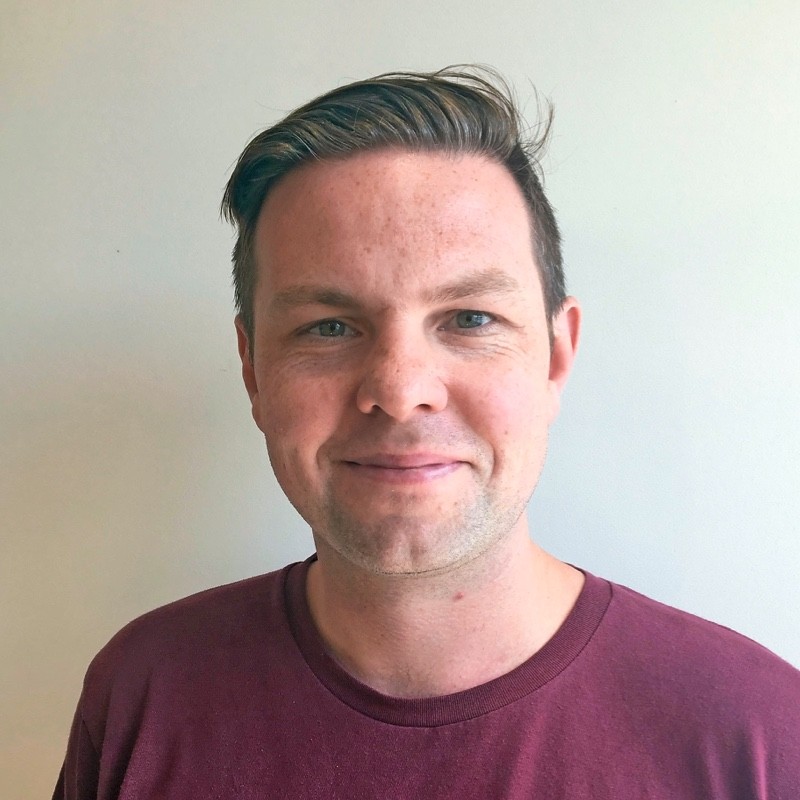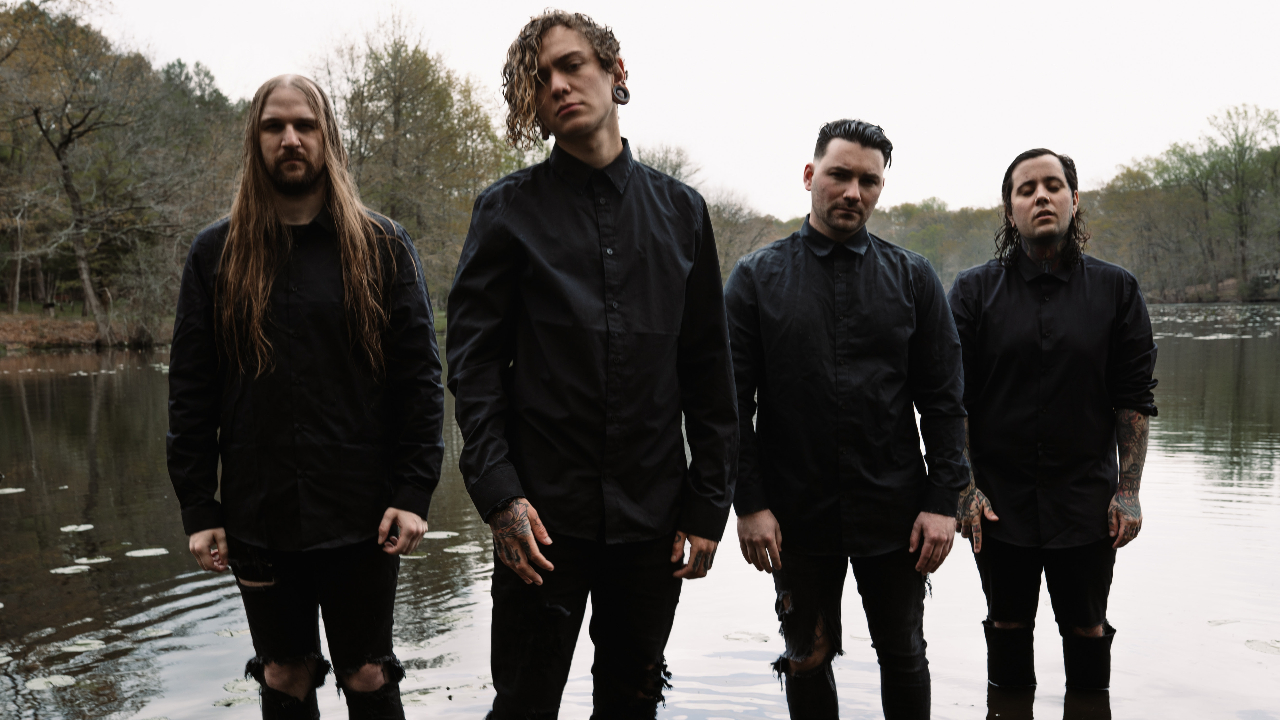“Pop-punk and emo in the early 2000s was brutally misogynistic”: the story of Paramore's debut album and how it forced the scene to take a long, hard look at itself
As All We Know Is Falling turns 20, we look back at the record that introduced Hayley Williams and her band to the world

When Paramore were touring their debut album, fans assumed that the pop-punk upstarts from Tennessee were straight edge because of the “X” they had written on their hands. The truth was that each band member had been marked by venue staff because they were too young to drink.
And so began the career of a band who’ve been forced to bat off rumours, half-truths and not-at-all-truths ever since, usually cast in the direction of singer and de facto band leader Hayley Williams for having the temerity to be a woman fronting an emo band.
These days, Williams is long-established as a totemic figure in alternative-pop and melodic, genre-fluid rock, but she was still finding her feet back in 2005 when Paramore – at that point Williams and guitarist Josh Farro and his drummer brother Zak and bassist Jeremy Davis – released their debut album All We Know Is Falling, which turns 20 this week.
The album is not one of their best. In fact, as already covered in Louder’s ranking of Paramore records, it’s probably their worst. But it remains a notable release both for introducing one of the 21st century’s most enduring rock bands and capturing the giddy essence of ‘00s pop-punk.
It's a record that came together in a period when Paramore were still working out what and who they were. Williams had originally been signed to Atlantic Records as a solo artist but fought against the label’s plans to turn her into a saccharine pop star, declaring she wanted to form a rock band instead. They’d only been together a matter of months when work on All We Are Is Falling began.
It's not exactly an era that Williams looks back on fondly. It didn’t take long for the singer to realise what she was up against. Go searching for any interview from the era and there will be a question like the one that opens an interview from long-defunct music and film site The Trades: “Hayley, is it any more difficult being a girl on the Warped tour?”.
At the time, Williams was happy to declare something along the lines of ’No, it’s not, everything is great’, but looking back years later, she opened up on the rampant misogyny encountered by her 18-year-old self. “I did not know how toxic that world could be,” she told Vulture a few years ago.
The latest news, features and interviews direct to your inbox, from the global home of alternative music.
“The pop-punk and emo scene in the early 2000s. It was brutally misogynistic,” she continued. “A lot of internalised sexism, and even when you were lucky enough to meet other bands who were kind and respectful, there was other shit that wasn’t. And I was really feisty. We got offered Warped tour, and there was a caveat: “It’s a stage called the Shiragirl Stage. It’s all female.” I was pissed! I wanted to qualify for a real stage. When I’ve been offered female opportunities, it feels like a backhanded compliment. But people sometimes think that’s anti-feminist, that I don’t wanna be grouped in with the girls. As a 16-year-old who had dreams of playing with the big boys, it felt like we were being slighted. That summer we went out, and I’ll never forget [it]. We played in Florida, and the stage was a truck that had a flatbed on it. It was so flimsy it would shake and fall apart. There might have been one other female in a band [on tour], and people were gawking. I don’t think in a pervy way. They were confused, like, ‘What’s in this for me? What’s she singing about? I’m a guy — how do I relate?’
Whilst All We Know Is Falling hardly set the world alight at the time of release, the success of its 2007 follow-up Riot!, which went to Number 15 in the US Billboard chart, belatedly shone a light on it. It would eventually be certified Gold in 2014, nine years after its release. By that point, the tumultuous world of Paramore had thrown up more hurdles for Williams to navigate with disgruntled ex-bandmates writing mean-spirited blogs criticising how the band was run and, erm, also saying that some of Williams’ lyrics were “ungodly”. Internal turmoil was never far away from Paramore.
But Williams persisted, and there was a feeling of hard-won triumph when she posted a handwritten note ahead of Paramore’s headline performance at When We Were Young festival in Las Vegas in 2022. The event described itself as “an epic line-up of emo and rock bands from the past two decades” and ahead of the show, Williams was in an understandably reflective mood with regards to how hard she’d fought to be accepted in a scene in which Paramore were now at the top table.
“To grow up in this scene was not a simple thing,” Willams wrote on Instagram. “To be celebrating it (and to be celebrated by it) is not a simple thing. Nothing about this life – for you, me, or anyone – is simple… We fell in love with this subset of post-punk and hardcore likely because nothing else moved us. We didn’t fit in other places. To be a young girl in love with this scene was to have the hope that I might find my own way to belong. It took years to find that belonging. It’s taken a lot of unlearning. A lot of untangling knots I didn’t even know were there. What I did know was that for every ‘Take off your top!’ or snarky punkzine review… For every dramatic headline pinned on my name, or any season of self-doubt… No one was going to define Paramore but Paramore.”
Continuing, she said, “Nearly 20 years later, we find ourselves a pillar of the very scene that threatened to reject us. And me… Fuck the ones who doubted!”
Who knows if Hayley Williams would’ve kept at it if someone had handed her a list of every of fall-out and controversy coming Paramore’s way back in 2005. But as All We Know Is Falling turns 20, she’s well within her rights to feel like she won the battle. For that reason alone, it’s a debut worth celebrating.
Niall Doherty is a writer and editor whose work can be found in Classic Rock, The Guardian, Music Week, FourFourTwo, Champions Journal, on Apple Music and more. Formerly the Deputy Editor of Q magazine, he co-runs the music Substack letter The New Cue with fellow former Q colleague Ted Kessler. He is also Reviews Editor at Record Collector. Over the years, he's interviewed some of the world's biggest stars, including Elton John, Coldplay, Radiohead, Liam and Noel Gallagher, Florence + The Machine, Arctic Monkeys, Muse, Pearl Jam, Depeche Mode, Robert Plant and more.
You must confirm your public display name before commenting
Please logout and then login again, you will then be prompted to enter your display name.

